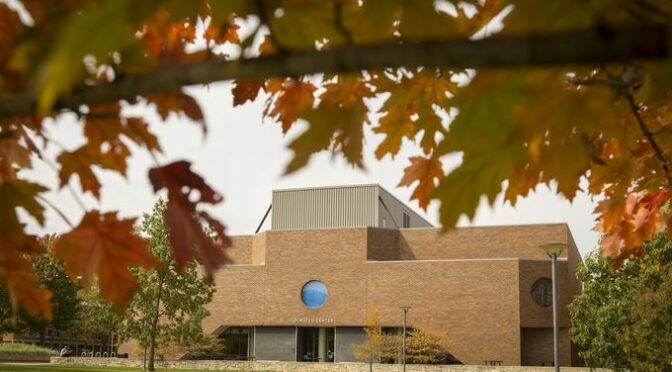Drake is establishing an affiliate relationship with the National Coalition Building Institute (NCBI) that will strengthen our on-campus diversity, equity, and inclusion efforts.
You are invited to join the team of trainers being created to lead this collaborative campus-wide, culture shifting initiative!
The Office of Equity and Inclusion is in the process of identifying 35 people interested in becoming NCBI trainers. All Drake staff (exempt and non-exempt) and faculty are eligible to participate in a three day Train-the-Trainers learning experience.
The training will take place in person on September 21, 22, and 23rd. Trainers will learn to co-facilitate two modules: “Welcoming Diversity” and “Controversial Issues.”
To be eligible for this 3-day training, you must participate in an all-day Exposure Workshop (virtual) on August 10th.
All NCBI trainers will be provided a $500 stipend during the 2022-23 academic year to acknowledge and appreciate this vital work (both exempt and non-exempt employees). The commitment includes the 3-day training, along with agreement to co-facilitate three trainings during the 2022-23 academic year. All trainers will be directly supported by the Office of Equity and Inclusion. More details will be disseminated to interested parties after the August 10th Exposure Workshop.
If you are interested in pursuing this opportunity or want more details, please contact both Jen Harvey (Jennifer.harvey@drake.edu) and Drinda Williams (drinda.williams@drake.edu).
— Jen Harvey, Associate Provost, Campus Equity and Inclusion


